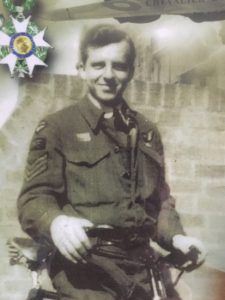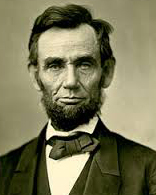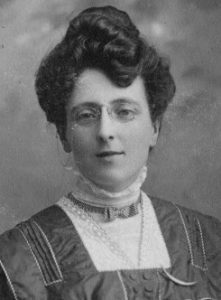
Behind glass at a busy museum in Poland, there’s a tattered leather suitcase sitting silent, but speaking volumes. Time and use have worn the brown polish off the corners of the bag. The latch has rusted. This piece of luggage, now nearly two generations old, has lost much of its shape and identity. Nevertheless, time has not erased perhaps the most important feature of this museum piece. Painted on the exterior is the name of its owner in 1940:
“Marie Kafka. Prag XIII-833,” the white, painted-on letters indicate. (more…)






